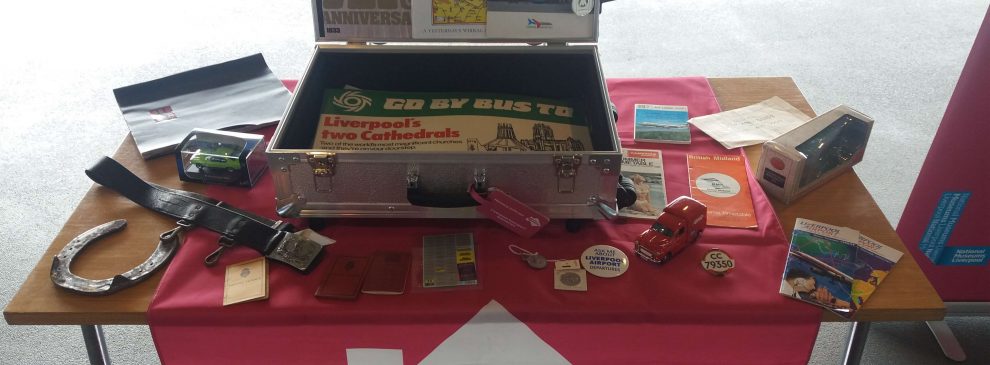ICC research fellow, Rafaela Ganga, delivers research seminar in Portugal on the House of Memories programme
Added on Tuesday, July 9th, 2019
On 10 July, ICC research fellow, Rafaela Ganga, will be delivering a research seminar at the Católica Porto Business School on the House of Memories dementia awareness programme, and her experience in evaluating the programme. Readers can find below an abstract of the paper that Rafaela will present as part of the seminar.
Abstract
In 2015, dementia affected 47 million people worldwide, a figure that is predicted to increase to 75 million in 2030 and 132 million by 2050. Dementia is a financial challenge for governments, communities, families and individuals. Furthermore, the gap is wide between the need for diagnosis and care, and the actual provision of these services. Equipping health and social care professionals, as well as informal carers, with appropriate skills via cross sector collaborations and interventions will be essential to address the already under pressure National Health Service.
Currently, there is no cure for dementia, nonetheless cultural and art-led programmes have been identified as beneficial strategies to improving the lives of people with dementia and their carers. Cultural experiences can promote enhanced health and social outcomes that reflect the preferences of people with dementia, as well as improve the quality of life of their carers and the broader community.
House of Memories is an internationally acclaimed dementia awareness programme led by National Museums Liverpool (NML) in the UK. The original programme, launched in 2012 at the Museum of Liverpool with funding from the Department of Health, was designed specifically for the health and social care workforce. The programme has since been developed and adapted for delivery in different professional environments and for a range of dementia care providers, supported by a package of supplementary, museums-inspired resources, including most notably the My House of Memories app. All resources were co-designed with people with dementia and their carers and are available via a dedicated dementia-friendly website.
Independent evaluation research, led by Rafaela since 2016, consistently shows positive outcomes for participants, funding bodies and associated stakeholders. These include for example improvements in the subjective wellbeing of participating carers; improved awareness and understanding of dementia and its implications; empathic skills development in person-centred care; and renewed confidence in trying alternative, creative approaches to living well with dementia. It has also been possible to evidence the cumulative social value of all three models of delivery, and the ‘cost benefit’ afforded to health commissioners, using social return on investment (SROI) analysis.
The multiple impacts of House of Memories – for participating health and social care professionals and carers; for health commissioners and stakeholders; and last but not least for NML as leaders and advocates in the culture, health and wellbeing field – can be framed as a strategic form of collaborative advantage.








